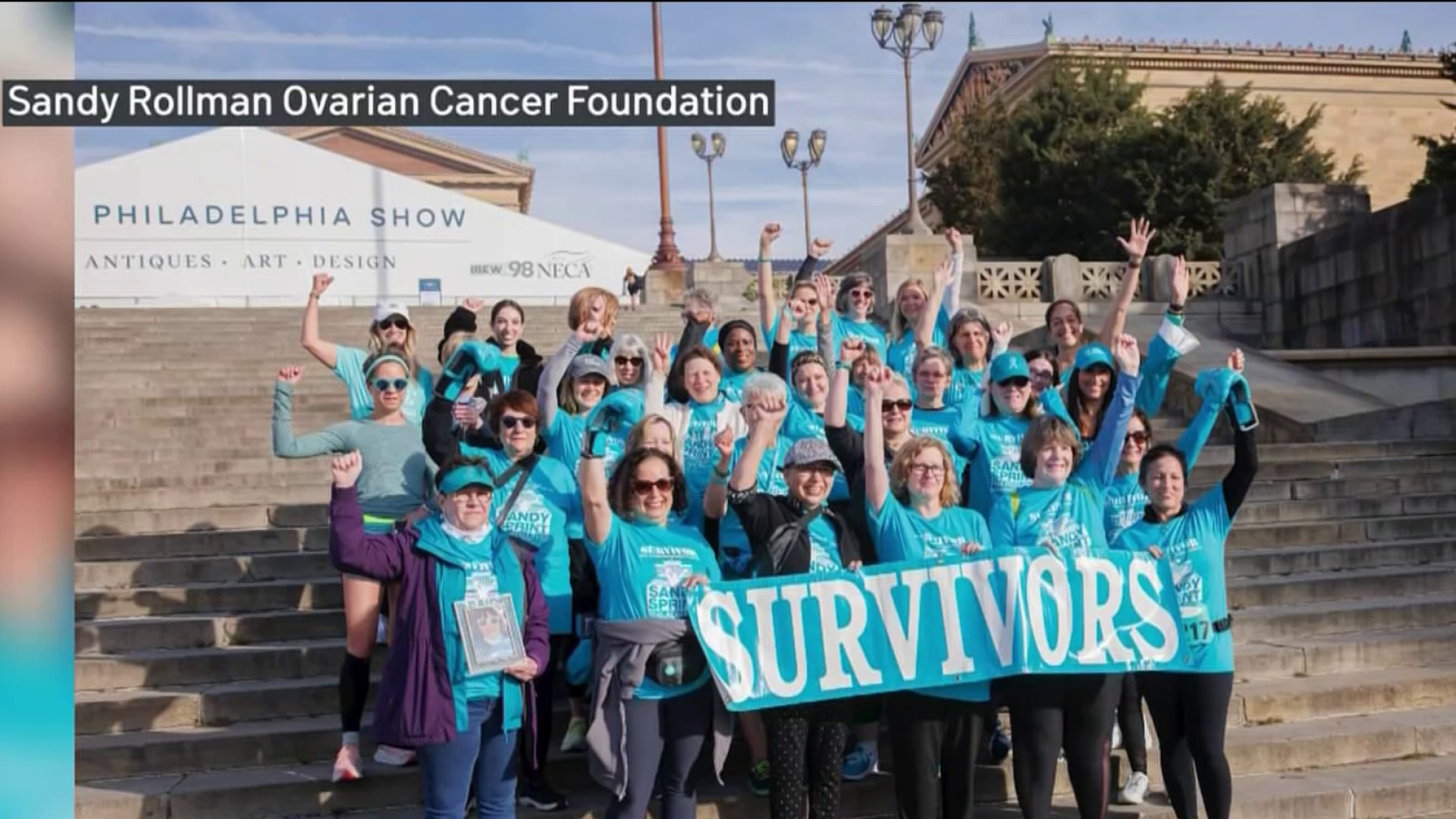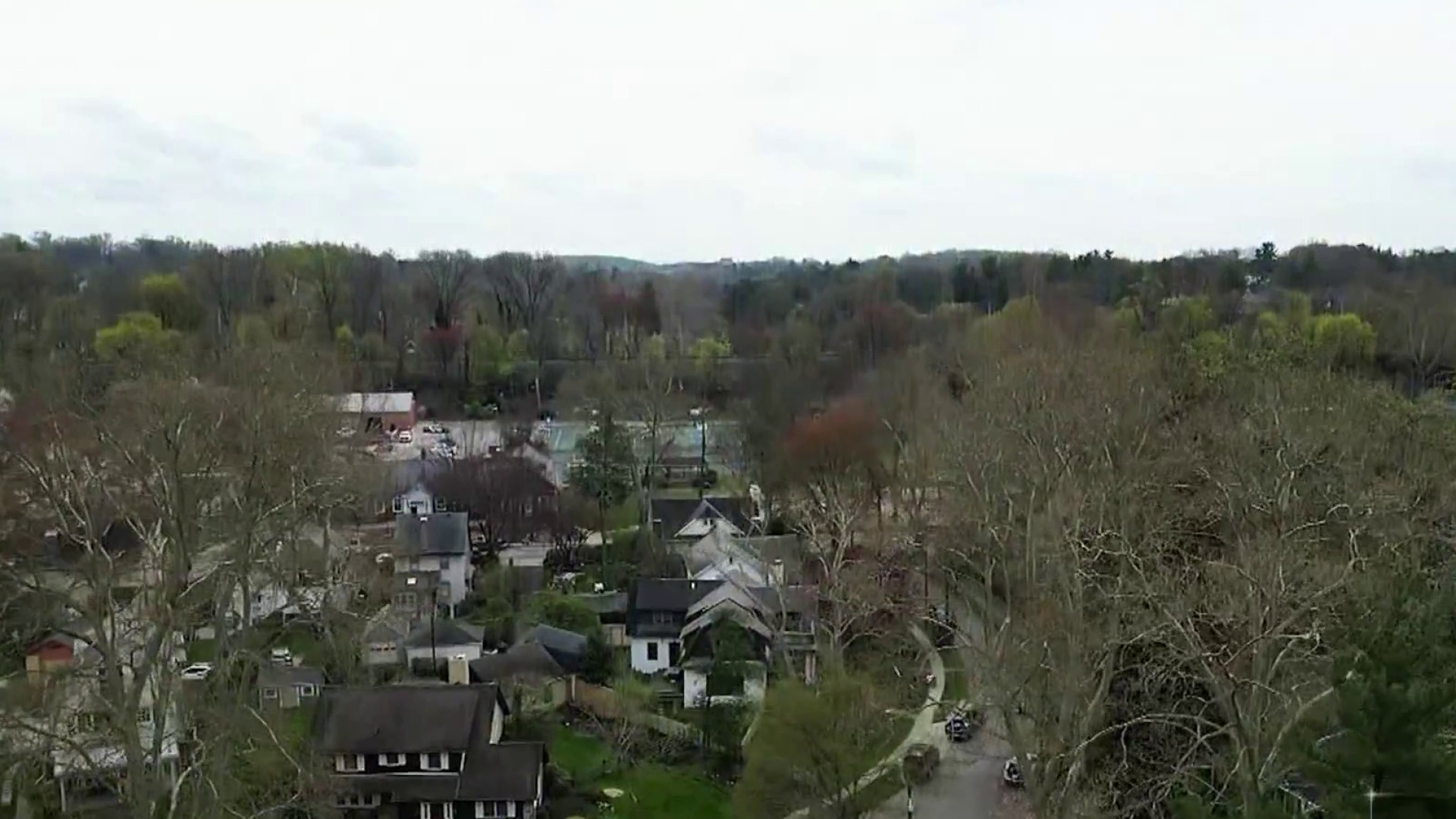Philadelphia is known for many things: Cheesesteaks, Rocky and the Eagles just to name a few. But the U.S. Census? That’s doesn’t usually spring to mind when people think about the City of Brotherly Love.
Yet Tuesday marked the 232nd anniversary since the signing of the U.S. Constitution and, by extension, the birth of the census. It lives on in Article 1 Section 2, which established the House of Representatives and called for counting the U.S. population every 10 years in order to ensure fair representation throughout the country.
The very first census took place in 1790, three years after the signing of the constitution. It was conducted on horseback and on foot by federal marshals and their assistants. Government leaders were shocked to find that the country’s population was twice what they thought.
Despite its legacy, a recent survey found that 67% of American residents did not know what the survey is and why it is important.
To change that and encourage more people to fill out the questionnaire, Philadelphia is looking for some 1,000 people to become census champions. Their job? To fan out throughout Philadelphia and educate residents on why the census matters.
Over the course of a 90-minute training session, volunteers learn everything they need to know about how the census works and how to help people fill out the questionnaire. Anyone can sign up to take these sessions in person or online using the official U.S. Census Bureau phone apps. The sessions are also available in multiple languages, including English, Spanish, Vietnamese and Mandarin.
“It is the cornerstone of our democracy,” Stephanie Reid, Philly Counts executive director, said. “A census champion is a trusted messenger who has the tools and knowledge to educate their neighbors, friends and families on why the census is important.”
Local
Breaking news and the stories that matter to your neighborhood.
In addition to representation, the census determines how billions of federal dollars are allocated annually to communities for essential public services like roads, schools, hospitals, clinics, fire and emergency response and more.
Those billions of dollars are why Christopher Florence, who works for Philadelphia’s Department of Behavioral Health and Intellectual disAbility Services chose to volunteer as a census champion this year.
Florence helps people with disabilities find employment and he wants to make sure they are fully counted in the census. Otherwise, they might not receive the necessary funding for services they need, he said.
“Sometimes they might be threatened by a stranger approaching them and so, as a result, they may perhaps not indulge in a conversation about the census,” he said. “We’re just trying to find alternatives” to make it easier for them to be counted.
The 2020 census marks the first time people living in the United States can fill out the survey either on their phones, online or on paper. Residents who don’t have access to the internet at home can also visit places like public libraries to fill out their questionnaires.
“Everyone living in the United States can complete the 2020 census ... almost anywhere at any time,” U.S. Census Bureau director Steven Dillingham said. “It can be completed by passengers on a bus with wifi or at a church or at a sports event or at almost any event.”
That appeals to Christa Rowe, a census champion who also works with the city’s Foster Grandparent Program, which connects elderly citizens with schools to serve as mentors. She worries about people being undercounted in the survey and wants to learn about ways to prevent that.
“Some people may feel slightly threatened by the census,” she said. “It’s important we help each person feel comfortable in answering those questions so that anyone here [in Philadelphia] is counted.”
Philly Counts is still looking for census champion volunteers. People interested in participating can find upcoming training sessions and more information through the city’s census portal. These positions are not paid. For people interested in becoming official census workers, the city is still looking to hire some 3,000 residents for these paid positions. More information is available here.
Ready to test for U.S. Census knowledge? Take our quiz below.



